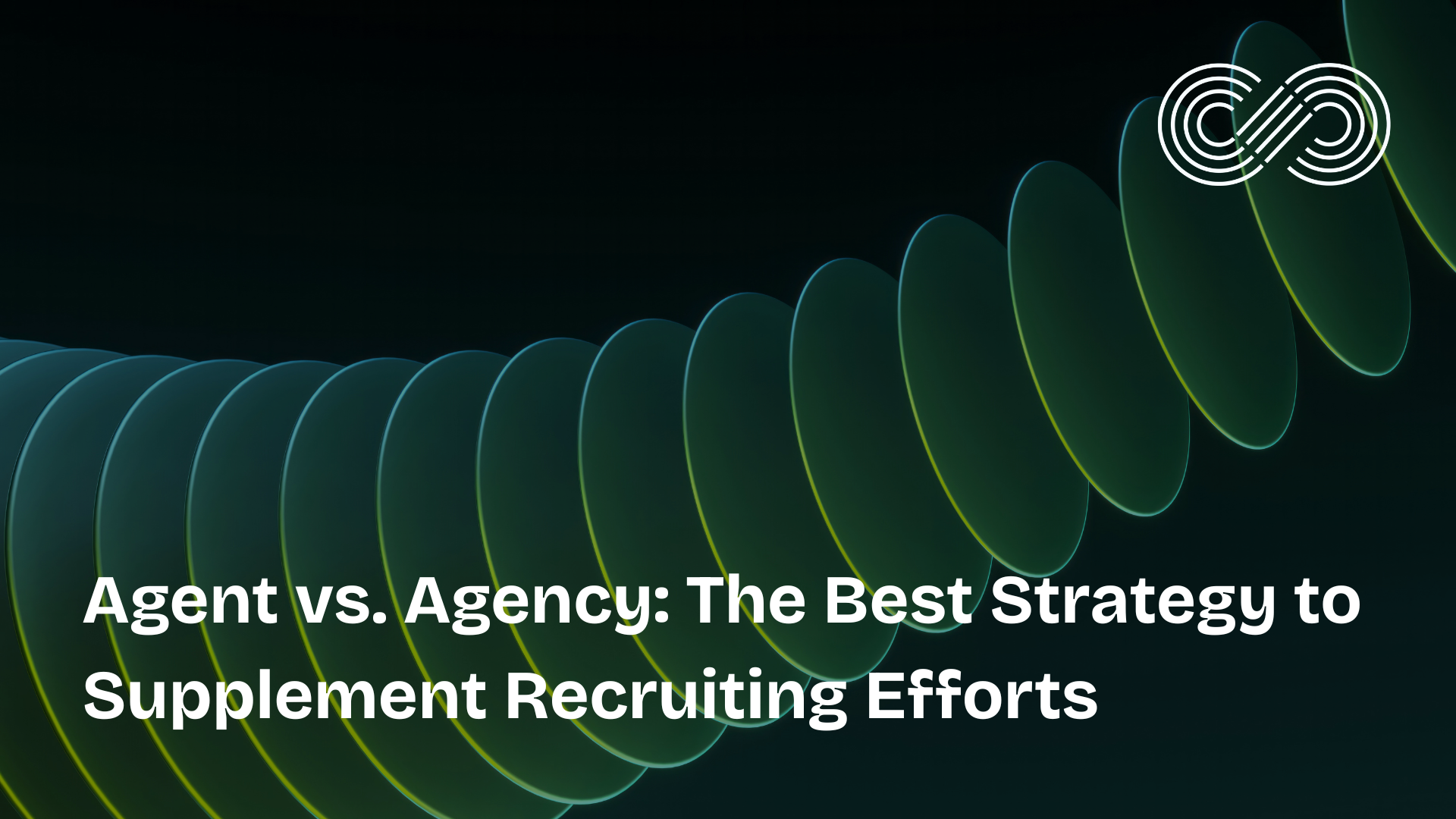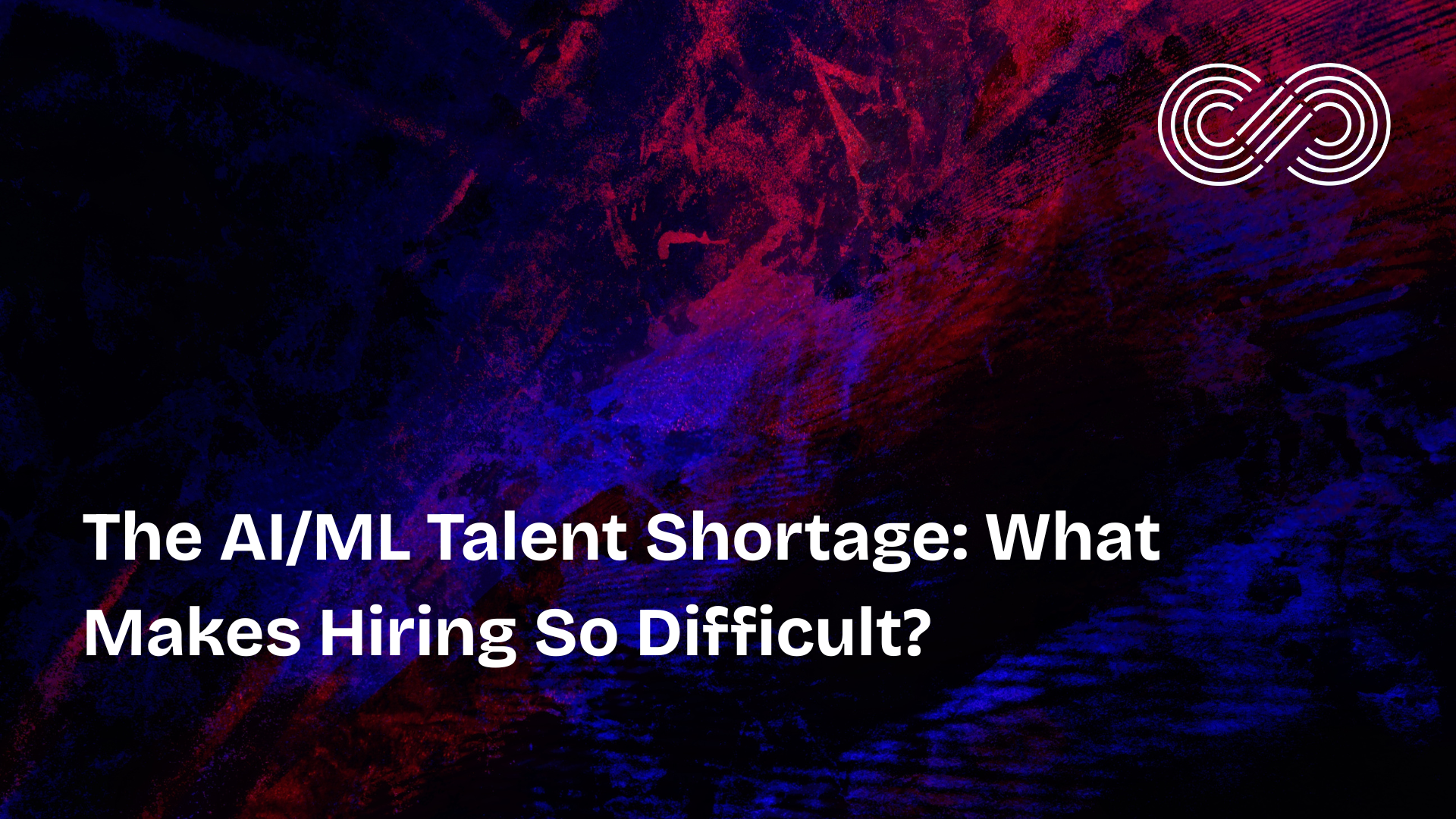The Hidden Costs of a Long Time-to-Fill in Cybersecurity Recruiting
The Hidden Costs of a Long Time-to-Fill in Cybersecurity Recruiting
In today’s digital landscape, few hires matter more than cybersecurity professionals.
Yet, they are also some of the hardest to secure. According to ISC²’s Cybersecurity Hiring Trends Study, just 21% of hiring managers fill entry-level cybersecurity roles in under a month, while nearly 40% report it takes 1–3 months. For senior or niche positions, timelines stretch much further. Kaspersky research found that almost half of companies need more than six months to fill certain cybersecurity jobs, and for senior roles, it can approach a year.
While recruiters often track “time-to-fill” as an efficiency metric, the consequences of prolonged hiring go far beyond dashboards. Every extra week a role stays open creates risks that directly affect business resilience and competitive advantage.
1. Increased Security Vulnerability
Unfilled cybersecurity roles create gaps in threat detection, vulnerability management, and incident response. These blind spots increase the likelihood of missed alerts or delayed reaction times and attackers won’t wait while a company finishes its hiring process.
2. Rising Costs from Contractor Dependence
To bridge staffing gaps, organizations often rely on contractors or consultants. While effective short-term, this approach is costly. Extended vacancies drive up expenses, strain budgets, and may hinder long-term team cohesion.
3. Burnout Across Existing Teams
Cybersecurity professionals already operate under intense pressure. When teams are understaffed, remaining employees are forced to absorb the workload, leading to overextension, burnout, and potential turnover. Hiring delays can quickly compound into retention problems.
4. Slowdown of Strategic Initiatives
Security isn’t just defensive it’s foundational to growth. Cloud adoption, compliance programs, digital transformation, and new product launches all rely on security support. When key roles remain open, these initiatives stall, slowing innovation and competitiveness.
5. Employer Brand Erosion
The cybersecurity talent market is small and well-connected, word travels fast. Candidates take notice of prolonged hiring cycles or indecisive processes. When an organization appears slow, disorganized, or overly complicated in its evaluation, top talent simply disengages and moves on to employers who demonstrate urgency and respect for their time.
Over time, this creates reputational damage within the security community. Candidates talk. A few frustrating interview experiences can quickly transform into a perception that “this company doesn’t know what it’s doing” or “they drag their feet.”
That reputation is difficult to undo and it silently shrinks your future candidate pool.
To combat this, organizations need to rethink their hiring approach.
Streamline interview steps — cut unnecessary rounds and avoid repetitive conversations.
Set expectations early — recruiters should outline the full hiring timeline and interview format during the very first call.
Move decisively — strong candidates rarely stay on the market for long, especially in cybersecurity.
How Recruiters Can Make the Difference
Improving time-to-fill does not mean rushing decisions or lowering standards. It means being intentional and proactive:
- Build talent pipelines ahead of demand. Ongoing engagement helps ensure warm connections when roles open.
- Partner with hiring managers early. Define clear expectations, must-have skills, and success criteria upfront.
- Leverage skills-based assessments. Streamlined evaluation processes can accelerate decision-making.
- Engage passive candidates. Strong employer branding and relationship-building keep future prospects within reach.
In cybersecurity recruiting, time-to-fill is not just an operational measure, it is a business risk. Every month a critical position stays vacant increases exposure, costs, and strain. Organizations that treat hiring speed as a strategic priority, not just a recruiting KPI, strengthen both their defenses and their ability to attract and retain world-class talent.
This article was authored by
Anthony Donahue.










